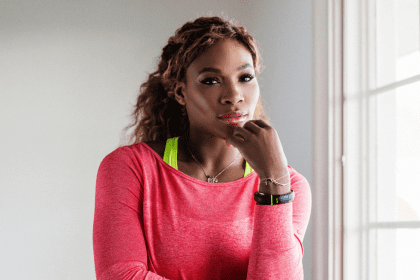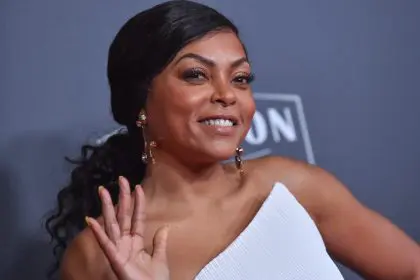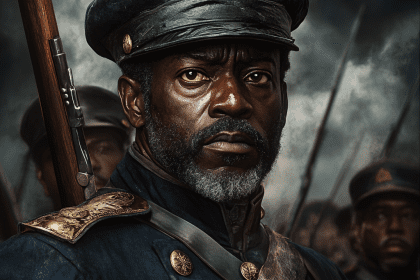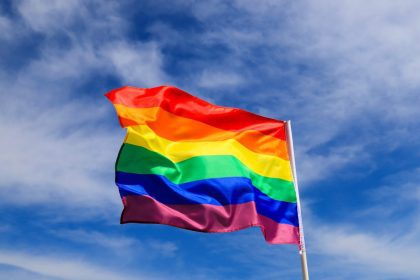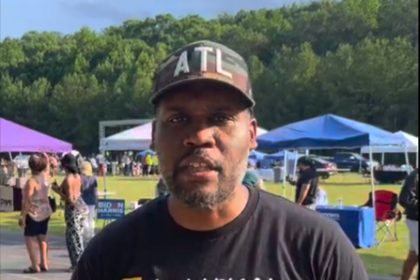As EVP of integrated marketing for Weber Shandwick, Kevin Hooks is responsible for building strategic partnerships between brands and consumers through the allure of entertainment and social media. To his credit, he’s established partnerships with Warner Brothers, CBS, Paramount and BET and managed the on-screen marketing initiatives for Lexus, UPS, Bombay Sapphire and Procter & Gamble. Even more to his credit is that Hooks is a renowned social advocate. Here, he discusses the importance of social advocacy.
How do you define advocacy?
Advocacy is an active state of supporting a cause or an idea. It is how the Civil Rights Movement was successful in so many areas. It is the most effective weapon in the continued fight for economic equality, for education equality, and for voting equality. As a child of the Southwest who grew up in public housing, I was a beneficiary of the spoils of advocacy by organizations and individuals. I was bused to better schools because of the NAACP. I was given the opportunity to become a delegate to the Democratic National Convention in 1992 because of the efforts of people like Fannie Lou Hamer. I am an executive vice president at one of the largest PR firms in the world because of the work of organizations like the National Urban League. Advocacy happens when we open our eyes to the plight of others, get on our feet to help and then demand others do the same.
Why should others become advocates of change?
Self-preservation! Marian Wright Edelman of the Children’s Defense Fund said, “the greatest threat to America’s national security comes from no enemy without but from our own failure to protect, invest in, and educate all of our children who make up all of our futures in this global economy.” In order for us survive and subsequently thrive, we have to be advocates for change. We have to fight for the next generation. Moreover, we have to light the path to greatness and then move out of the way.
What are the most processing concerns for community activism?
Too often traditional ways of thinking do not contemplate new-world challenges or opportunities. Facebook is approaching 1 billion users. Internet-connected devices will grow from six billion today to 21 billion by 2016. [More than two] jobs are created for every single job that technology consumes — yet we are not taking advantage of this opportunity. The battleground has become as much digital as analog and most of the current generation does not have an adequate command of the new tools and rules.
We can’t prepare our children to compete when we are not properly prepared ourselves. Whether it’s reticence, apathy, fear, frustration, fatigue — or any other reason — we cannot afford to sacrifice the next generation on the altar of our inadequacy. We handicap them in the current and future economy by not providing the tools that make them more likely to succeed. Inaction only makes them more likely to be poor, incarcerated, hungry or homeless. It is time for us to double down on digital and go all-in on education. In the words of Martin Luther King Jr., “We are now faced with the fact that tomorrow is today. We are confronted with the fierce urgency of now. In this unfolding conundrum of life and history, there ‘is’ such a thing as being too late. This is no time for apathy or complacency. This is a time for vigorous and positive action.” The fire this time can be sparked by the click of a mouse.
What are some things that have worked in your experience?
A young man named Mychael Ramsey was nominated for the young American medal for bravery after saving three people from a burning home. Prior to receiving the award he found himself in a misdemeanor legal situation. When the Justice Department decided to rescind the award we became his advocate. While we abhorred the poor decision-making that led to Mychael’s misdemeanor, we also saw the bravery and redemptive qualities that his selfless act illustrated. Mychael was a “street kid” who had been passed around between family members his whole life and we could not allow him to be passed over this time. We campaigned through the media, the community and the Justice Department. The “I’m for Mychael” campaign was successful in getting the honor reinstated. However, it was also successful on a number of other levels. It was a real-time example to Mychael’s peers that people were willing to fight for them. It proved to the Justice Department that they could not unilaterally decide for us what was just. Most importantly, it showed the community the power of true advocacy.
At a national level, while serving as under 35 trustees with the National Urban League my colleagues Shawn Barney, Candace Smith and I challenged ourselves to think of advocacy in a way that would resonate with our contemporaries and be the catalyst for young people to serve. We established an auxiliary group called the Urban League Young Professionals (NULYP). In an organization that had been around for nearly 100 years change was not comfortable, but we were up for the battle. We were emboldened by the words of Frederick Douglass “Power concedes nothing without a demand.” Today the NULYPs are the model for next generation advocacy. There are more than 50 chapters that provide more than 50,000 hours of community service per year and raise hundreds of thousands of dollars for the movement.
How do you see advocacy evolving with technology tools?
Technology tools can be the equalizer that we have been waiting for. How many lives would have been saved if the Emancipation Proclamation [had been] a trending topic on Twitter. How much greater would Martin Luther King Jr.’s impact have been if “I Have a Dream” [had been] broadcast worldwide on YouTube? Imagine [if] today’s brightest young minds decided to use the tools of technology to change the tenor of the “more likely to’s” from negative to positive?


